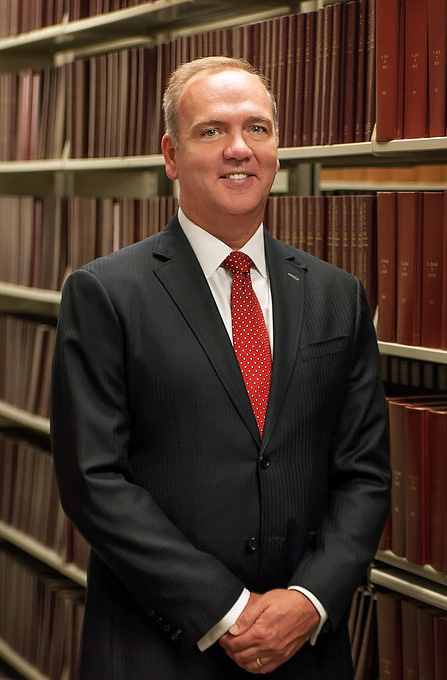County gets Video Pleas at a Bargain
Posted by thejudge in Jun, 2017
Original Article By Danny Gallagher, McKinney Courier-Gazette on Contact Danny Gallagher at dgallagher@acnpapers.com
A video system like the kind that the Collin County District Courthouse uses to teleconference plea deals for defendants housed at the Collin County Detention Center normally costs between $25,000 to $30,000. Collin County got its for a fraction of the price.
“We did it on less than $1,000 utilizing existing technology that we had at the county,” said Rodney Rhoades, the county’s director of budget and finance. “We had to make some small investments in microphone upgrades, but short of that, it wasn’t a great deal of expense to get this thing kicked off.”
The county has been using the new video teleconferencing system since early December. Its used for defendants to accept plea deals in felony cases before district judges at the Collin County District Courthouse on Bloomdale Road.
296th District Court Judge John Roach Jr., one of many county officials who helped organize the video plea system, said it only took two months to put the system together and get the technology up and running.
He estimates the courthouse has used it to pass plea agreements for 75 to 100 defendants.
Once defense and prosecuting attorneys reach a plea deal, they set it on the next day’s court docket to teleconference the proceedings. Collin County sheriff’s deputies escort the defendant to a secured location in the jail, and the judge and attorneys conduct the plea hearing in an auxiliary courtroom at the courthouse, Roach said.
A special county task force composed of members of several departments brought the new video plea system to fruition. The task force includes representatives from the district courts, the district attorney’s office, the Collin County sheriff’s office, the district clerk’s office, the county’s IT department, the budget and finance office and the community service and corrections department, Rhoades said.
The new teleconferencing system solves several of the court staff’s and the attorneys’ problems, Roach said.
“One is that defense lawyers were having a difficult time meeting their clients at the new courthouse because of added security,” Roach said. “The second was the expense of the transfer staff, meaning the deputies, having to escort prisoners to the courthouse every day; and the third was because of the new courthouse and having the technology to do it. When those three things came together, we found it to be a very efficient use of the technology that solves several of the problems we have.”
Roach said there are plans to expand the teleconferencing program to the county courts-at-law “to make courts more efficient and save taxpayers more money and provide better security at the courthouse and for our county employees.”
Rhoades said the teleconferencing technology can be expanded even further to give defense attorneys quicker access to their clients while they are in the jail and broadcast court testimony for depositions and trials, both of which can cut down on travel time and expenses.
“After the holidays, we’ll sit down collectively and talk about some other uses,” he said. “We’ve also been working with the defense bar about how this can give them better accessibility to inmates in a timelier fashion and I think this technology has some other uses there as well…One of the things that’s popped out was if we have a police officer in Wylie who’s being called to testify in a particular case, that’s a 30- to 45-minute drive to court, and for him to wait and drive back, the day is pretty much shot. So we thought, why not utilize that technology to testify via teleconferencing?”

Category: In The News, News




